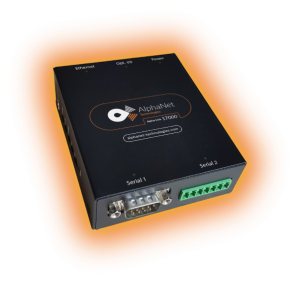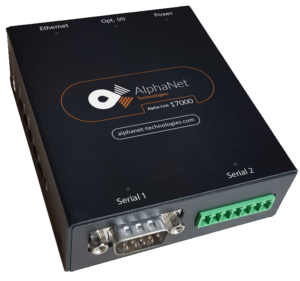In the world of industrial automation, terms like Modbus gateway and Modbus converter are thrown around often. But what do they mean? Let’s delve into the core of these two elements in the Modbus world.
Introduction to Modbus
Modbus is a communication protocol developed in the late 1970s for industrial electronic devices.
History of Modbus
Modbus was first established by Modicon, a company that now belongs to Schneider Electric, to communicate with its PLCs (Programmable Logic Controllers).
Modbus Protocols
There are primarily two versions of Modbus: Modbus RTU and Modbus TCP/IP. Both of these versions serve different purposes and are used in different scenarios.
Understanding Modbus Gateway
What is a Modbus Gateway?
A Modbus gateway is a device that serves as an interface between the two types of Modbus networks: Modbus RTU and Modbus TCP/IP.
Working of a Modbus Gateway
A Modbus gateway essentially bridges the communication between the RTU and TCP/IP networks. It translates messages between the two protocols, allowing devices from both networks to communicate seamlessly.
Benefits of Modbus Gateway
Interoperability
Modbus gateways provide interoperability between different devices and networks, making industrial automation more accessible and efficient.
Scalability
With the use of a Modbus gateway, an industrial network can be scaled up or down easily without significant disruption to the existing infrastructure.
Remote Access
Modbus gateways offer the ability to monitor and control devices remotely, enhancing the flexibility and responsiveness of the system.
Understanding Modbus Converter
What is a Modbus Converter?
A Modbus converter, also known as a Modbus serial-to-Ethernet converter, is a device that converts Modbus RTU messages to Modbus TCP/IP messages and vice versa.
Working of a Modbus Converter
The Modbus converter operates at the message level. It takes Modbus RTU messages received over a serial link and repackages them into Modbus TCP/IP messages for transmission over an Ethernet network.
Benefits of Modbus Converter
Versatility
Modbus converters are versatile, allowing them to be used in various environments and with different devices.
Broad Application
Due to their nature, Modbus converters can be used in a wide range of applications, from industrial automation to building management systems.
Ease of Use
Modbus converters are generally easy to install and use, making them a practical choice for many users.
Modbus Gateway vs Converter: Comparative Analysis
When comparing a Modbus gateway and a Modbus converter, it’s important to understand that both serve different purposes but with the same goal: to facilitate communication between different Modbus networks. The choice between the two ultimately depends on the specific needs of your industrial automation setup.
Conclusion
Both Modbus gateways and converters play a crucial role in industrial automation by bridging the gap between different Modbus protocols. While they have their own benefits and applications, the choice between the two depends on your specific needs and circumstances.
Frequently Asked Questions
- What is the main difference between a Modbus Gateway and a Modbus Converter?
- A Modbus Gateway serves as an interface between Modbus RTU and Modbus TCP/IP networks, while a Modbus Converter converts Modbus RTU messages to Modbus TCP/IP messages and vice versa.
- Can a Modbus Gateway and a Modbus Converter be used interchangeably?
- While they serve similar purposes, they are not typically used interchangeably due to their different functions in a Modbus network.
- Which is better: a Modbus Gateway or a Modbus Converter?
- The answer depends on your specific needs. Both have their own advantages and applications.
- Are Modbus Gateways and Converters easy to install?
- Yes, both devices are generally easy to install and use.
- Can I use both a Modbus Gateway and a Modbus Converter in my network?
- Yes, both can be used in the same network if it fits the requirements of your industrial automation setup.


